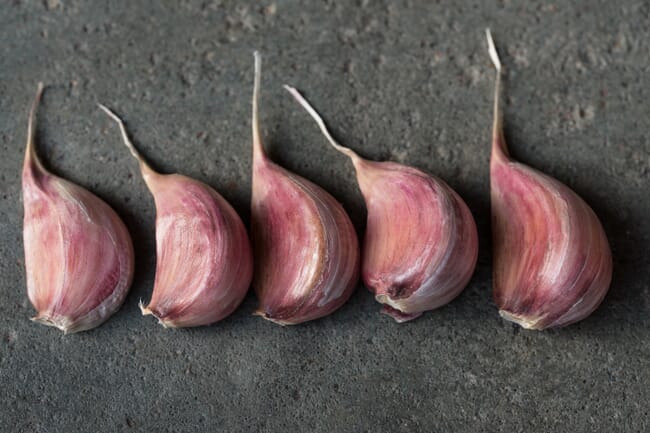The study, ‘Effect of Allium sativum Supplemented Diets on Growth and Haematological Responses in Nile Tilapia (Oreochromis niloticus)' showed that garlic - added as part of the diet, helped both growth performance and immune response in the species.

The study, the results of which were published in the Pakistan Journal of Zoology, describes how 150 juvenile tilapia were divided up and given diets containing five different levels of garlic (T1, control) 2.5 (T2), 5.0 (T3), 7.5 (T4), and 10g/500g (T5) in powdered form. Fish were fed at 6 percent of their body weight, twice daily. Feed utilisation was estimated in terms of feed conversion ratio (FCR). The growth was measured in terms of total weight gain (TWG) and length of the body was calculated.
Meanwhile the immune response of the fish was monitored in terms of haemoglobin (Hb), hematocrit (Ht), white blood cells (WBC), red blood cells (RBC), mean corpuscular volume (MCV), mean corpuscular hemoglobin (MCH) and mean corpuscular hemoglobin concentration (MCHC).
T4 generated the largest mean weight gain and average mean length gain, as well as the best FCR. While T5 had the best impact on the count of both red and white blood cells, as well as levels of haemoglobin and haematocrit.
The authors conclude that: “dietary treatment T4 (7.5g/500g) showed maximum growth and FCR while dietary treatment T5 (10/500g) showed better immune response in tilapia over other dietary treatments. So, it is concluded that garlic can be used as immunity stimulant and to enhance growth performance in Nile tilapia.”



